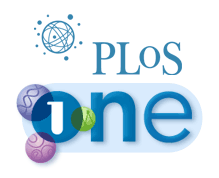 “Do Musicians with Perfect Pitch Have More Autism Traits than Musicians without Perfect Pitch? An Empirical Study”
“Do Musicians with Perfect Pitch Have More Autism Traits than Musicians without Perfect Pitch? An Empirical Study”
Authors: Anders Dohn, Eduardo A. Garza-Villarreal, Pamela Heaton, Peter Vuust
Abstract
Perfect pitch, also known as absolute pitch (AP), refers to the rare ability to identify or produce a musical tone correctly without the benefit of an external reference. AP is often considered to reflect musical giftedness, but it has also been associated with certain disabilities due to increased prevalence of AP in individuals with sensory and developmental disorders. Here, we determine whether individual autistic traits are present in people with AP. We quantified subclinical levels of autism traits using the Autism-Spectrum Quotient (AQ) in three matched groups of subjects: 16 musicians with AP (APs), 18 musicians without AP (non-APs), and 16 non-musicians. In addition, we measured AP ability by a pitch identification test with sine wave tones and piano tones. We found a significantly higher degree of autism traits in APs than in non-APs and non-musicians, and autism scores were significantly correlated with pitch identification scores (r=.46, p=.003). However, our results showed that APs did not differ from non-APs on diagnostically crucial social and communicative domain scores and their total AQ scores were well below clinical thresholds for autism. Group differences emerged on the imagination and attention switching subscales of the AQ. Thus, whilst these findings do link AP with autism, they also show that AP ability is most strongly associated with personality traits that vary widely within the normal population.